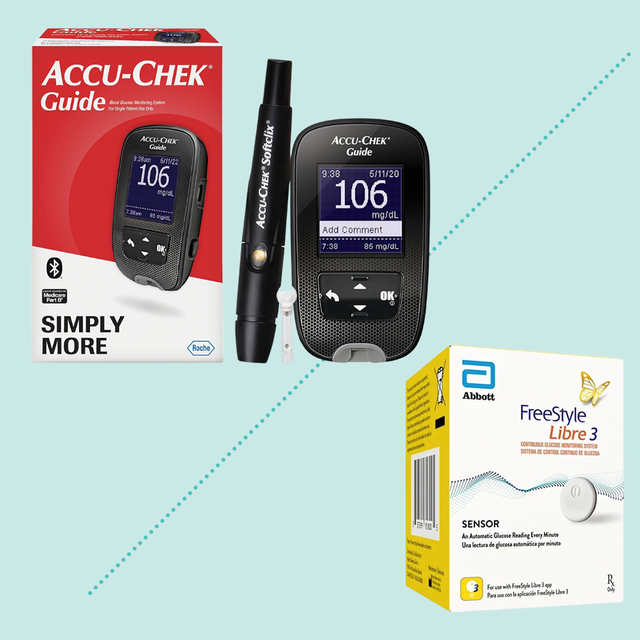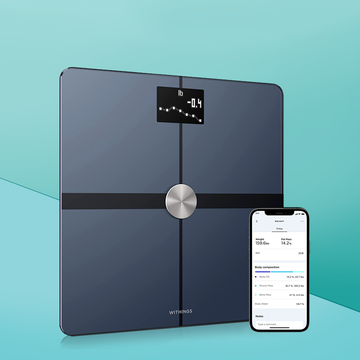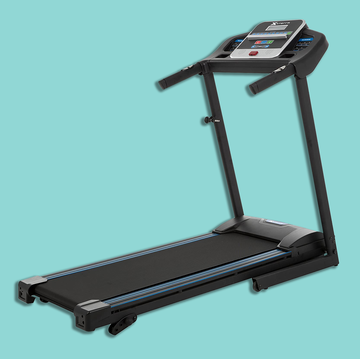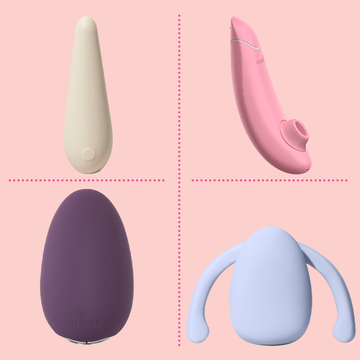7 Best Glucose Monitors, According to Endocrinologists
Read this before you purchase a glucometer to test your blood sugar at home.
We've been independently researching and testing products for over 120 years. If you buy through our links, we may earn a commission. Learn more about our review process.
For people with prediabetes, type 1 diabetes or type 2 diabetes, monitoring blood glucose levels is a 24/7 operation. If blood glucose drops too low or jumps too high, that can put a person at risk for serious health complications. While most people know food can impact blood sugar levels, so can things like exercise, medications, stress, dehydration and illnesses. That means it’s crucial to take multiple blood glucose readings throughout the day. Then, if you see a reading that’s outside your normal range, you can act quickly to correct it.
The good news is there are lots of different blood glucose monitors to choose from that vary widely in terms of how much they cost and how they work. Theoretically, there’s a glucose meter that will work for everyone. That said, comparing different features and dealing with insurance coverage can be difficult. We turned to two endocrinologists to get their opinions on the best glucose monitors that they recommend to their patients, and we also asked for some tips on how to select the right one for your needs, which you'll see below in our FAQ section.
How we chose glucose meters
To ensure we truly are recommending the best glucose monitors, we consulted with top endocrinologists to see what they suggest to their patients. Beyond that, we read many reviews online and analyzed the details listed on manufacturer websites. Additionally, we carefully considered:
- Cost: If you’re paying out of pocket, continuous glucose monitors can be pricey investments. That’s why most people stick with whatever meters are covered by their insurance plans, which are often finger-stick glucometers. While finger-stick glucose meters are more affordable initially, there are additional costs to consider. “The primary concern on the part of the patient is the cost of the strips,” says Kathleen Wyne, M.D., Ph.D., an endocrinologist at The Ohio State University Wexner Medical Center. Sometimes insurance companies will only cover certain brands or a certain number of strips per day or per week. That's why, you'll see a range of prices here, as well as many FSA or HSA eligible.
- Brand: For safety, we were advised against suggesting lesser-known brands. “I do not like patients using ‘off brands’ (i.e. store brands) because they generally are less accurate than the branded ones when in daily use,” says Dr. Wyne.
- Accessibility: If you have vision issues, you may want a glucometer with a larger display screen, says Dr. Wyne. And if you have dexterity issues, you might want a device with larger parts that are easier to maneuver. We included both options on this list.
Kaitlyn Phoenix is a deputy editor in the Hearst Health Newsroom, where she reports, writes and edits research-backed health content for Good Housekeeping, Prevention and Woman's Day. She has more than 10 years of experience talking to top medical professionals and poring over studies to figure out the science of how our bodies work. Beyond that, Kaitlyn turns what she learns into engaging and easy-to-read stories about medical conditions, nutrition, exercise, sleep and mental health. She also holds a B.S. in magazine journalism from Syracuse University.
Dr. Deena Adimoolam, known by many of her patients as "Dr. Deena", received her medical degree and training at the Icahn School of Medicine at Mount Sinai. She then completed her residency training in primary care/internal medicine and subsequent fellowship in endocrinology, diabetes and metabolism at Yale University.
After her many years at Yale, she returned back to Mount Sinai as an Assistant Professor of Medicine and Associate Program Director of the endocrinology fellowship program.
Dr. Adimoolam has published research and written chapters for major textbooks in the areas of diabetes and obesity.
She is passionate for educating the public on disease prevention and hormone health, and uses various media outlets to do so. She serves as a media expert and has worked with most major news organizations in print, online, and television.
She works closely as a spokeswoman for the Endocrine Society - the largest medical organization in the field of endocrinology and metabolism and is very active with other local and national health organizations.
Watch Next


The 5 Best Treadmills for Your Home Gym

The Best Workout Apps
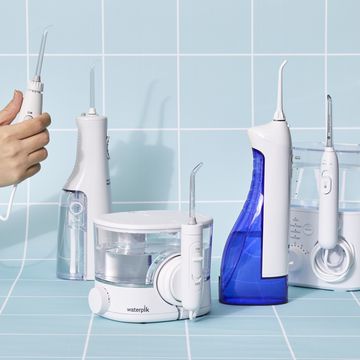
The Best Water Flossers

Arthritis Creams That Actually Work
